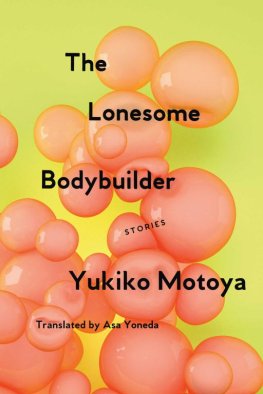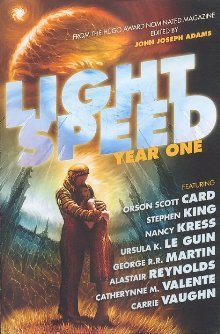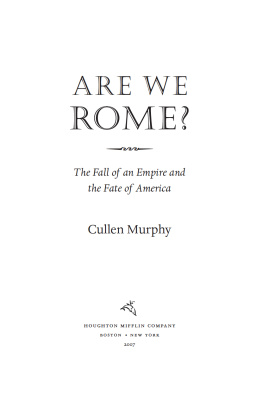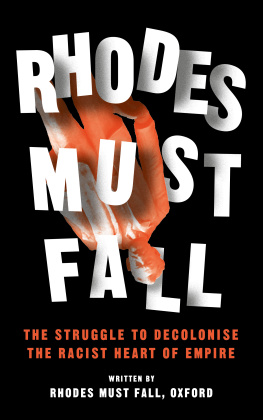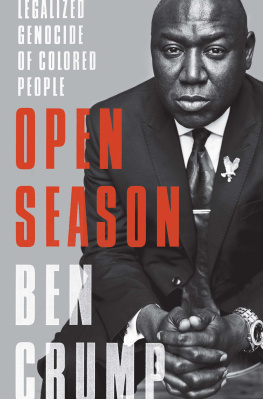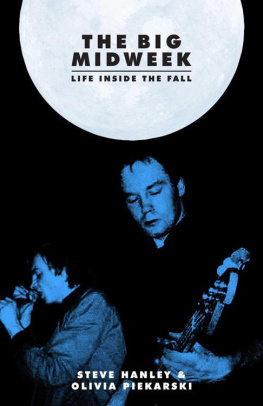Wesley Lowery - They Can’t Kill Us All: Ferguson, Baltimore, and a New Era in America’s Racial Justice Movement
Here you can read online Wesley Lowery - They Can’t Kill Us All: Ferguson, Baltimore, and a New Era in America’s Racial Justice Movement full text of the book (entire story) in english for free. Download pdf and epub, get meaning, cover and reviews about this ebook. year: 2016, publisher: Little, Brown and Company, genre: Detective and thriller. Description of the work, (preface) as well as reviews are available. Best literature library LitArk.com created for fans of good reading and offers a wide selection of genres:
Romance novel
Science fiction
Adventure
Detective
Science
History
Home and family
Prose
Art
Politics
Computer
Non-fiction
Religion
Business
Children
Humor
Choose a favorite category and find really read worthwhile books. Enjoy immersion in the world of imagination, feel the emotions of the characters or learn something new for yourself, make an fascinating discovery.
- Book:They Can’t Kill Us All: Ferguson, Baltimore, and a New Era in America’s Racial Justice Movement
- Author:
- Publisher:Little, Brown and Company
- Genre:
- Year:2016
- Rating:5 / 5
- Favourites:Add to favourites
- Your mark:
They Can’t Kill Us All: Ferguson, Baltimore, and a New Era in America’s Racial Justice Movement: summary, description and annotation
We offer to read an annotation, description, summary or preface (depends on what the author of the book "They Can’t Kill Us All: Ferguson, Baltimore, and a New Era in America’s Racial Justice Movement" wrote himself). If you haven't found the necessary information about the book — write in the comments, we will try to find it.
New York Times Editors Choice
One of the Most Anticipated Books of Fall 2016 -- Publishers Weekly
One of the Most Anticipated Books of Fall 2016--Elle
11 Fall Books We Cant Wait to Read -- Seattle Times
A best book of fall 2016--Boston Globe
One of the St. Louis Post-Dispatchs 20 Books to Watch, fall 2016
One of Vultures 7 Books You Need to Read this November
A deeply reported book that brings alive the quest for justice in the deaths of Michael Brown, Tamir Rice, and Freddie Gray, offering both unparalleled insight into the reality of police violence in America and an intimate, moving portrait of those working to end it
Conducting hundreds of interviews during the course of over one year reporting on the ground, Washington Post writer Wesley Lowery traveled from Ferguson, Missouri, to Cleveland, Ohio; Charleston, South Carolina; and Baltimore, Maryland; and then back to Ferguson to uncover life inside the most heavily policed, if otherwise neglected, corners of America today.
In an effort to grasp the magnitude of the repose to Michael Browns death and understand the scale of the problem police violence represents, Lowery speaks to Browns family and the families of other victims other victims families as well as local activists. By posing the question, What does the loss of any one life mean to the rest of the nation? Lowery examines the cumulative effect of decades of racially biased policing in segregated neighborhoods with failing schools, crumbling infrastructure and too few jobs.
Studded with moments of joy, and tragedy, They Cant Kill Us All offers a historically informed look at the standoff between the police and those they are sworn to protect, showing that civil unrest is just one tool of resistance in the broader struggle for justice. As Lowery brings vividly to life, the protests against police killings are also about the black communitys long history on the receiving end of perceived and actual acts of injustice and discrimination. They Cant Kill Us All grapples with a persistent if also largely unexamined aspect of the otherwise transformative presidency of Barack Obama: the failure to deliver tangible security and opportunity to those Americans most in need of both.
Wesley Lowery: author's other books
Who wrote They Can’t Kill Us All: Ferguson, Baltimore, and a New Era in America’s Racial Justice Movement? Find out the surname, the name of the author of the book and a list of all author's works by series.


